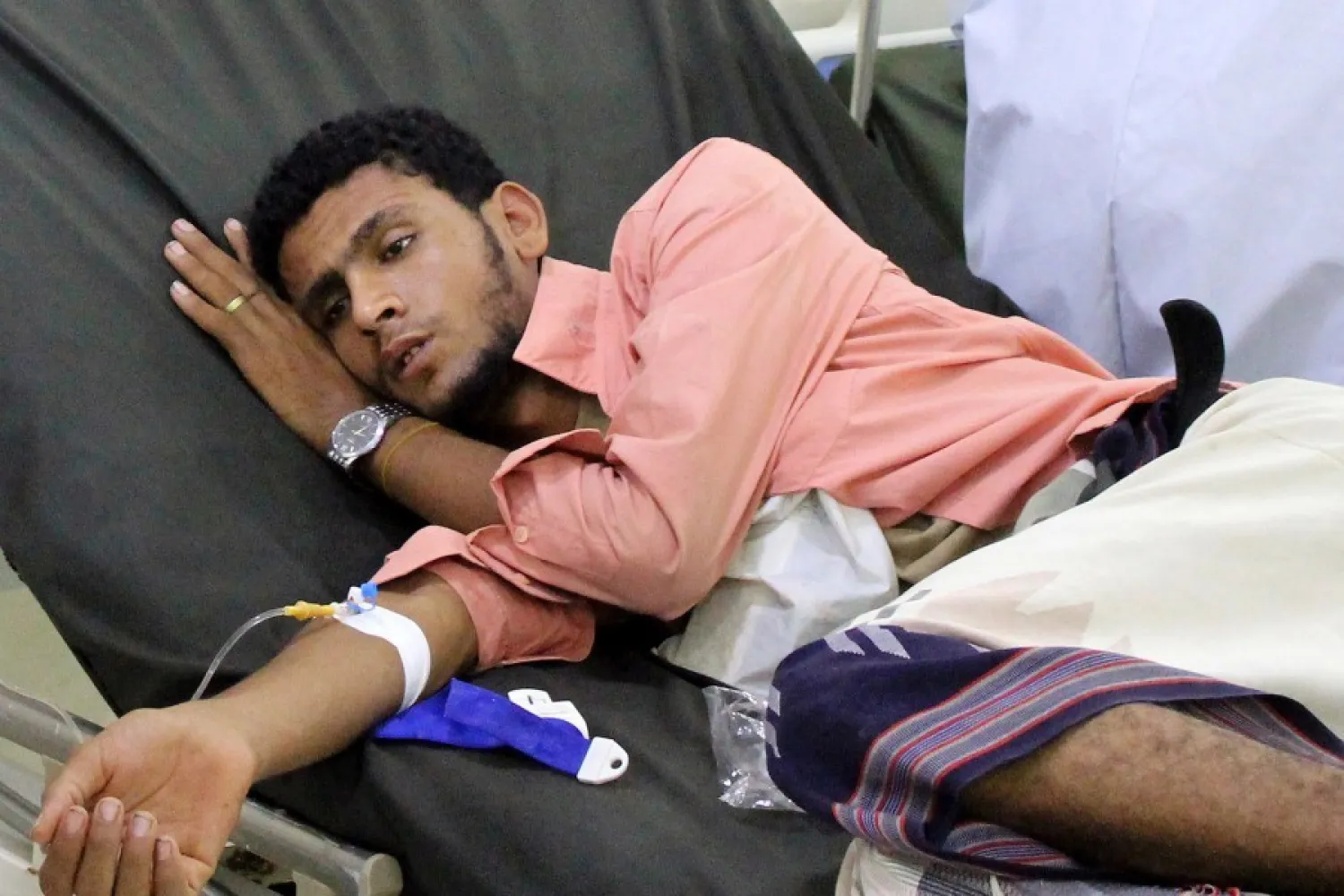The Yemeni government, represented by Prime Minister Maeen Abdulmalik, has called for taking UN measures as part of the bilateral coordination to save the health sector, said official Yemeni sources.
Sources noted that it has also demanded to put mechanisms that would allow prioritizing the battle against novel coronavirus outbreak and supporting workers in the health system.
This came during a virtual meeting including Abdulmalik, UN envoy to Yemen Martin Griffiths UN Resident Coordinator Lise Grande and the World Health Organization representative in Yemen.
The meeting tackled coordination with the government to confront the pandemic in Yemen, the existing challenges and obstacles in this regard and the urgent support needed in the health sector to protect doctors, nurses, volunteers, and workers, as well as coordination of efforts to spread awareness, sources said.
Saba news agency quoted Abdulmalik as stressing the lack of funding that requires more effective work in terms of responding to the actual need on ground.
The Premier said the response shall be swift and coordinated between the government and the UN and active organizations.
He called for formulating a mechanism that would allow rearranging priorities and providing support to confront the pandemic, which threatens the lives of thousands of Yemenis.
The health sector has lost a lot of its capabilities over the past years as a result of the war triggered by the Iranian-backed Houthi militias, he noted.
“Yemenis have also faced the harsh humanitarian situation and suffered from malnutrition and low immunity, as well as the accumulation of displaced people and other war outcomes.”
He indicated that there is “an urgent need to install programs to support the health sector, including providing incentives and necessary protection for workers, in order to restore the workers’ and the community’s confidence in the sector.”
Abdulmalik praised an initiative by the international humanitarian group, “Doctors without Borders,” to run al-Amal quarantine center in Buraiqa district.
He stressed the importance of having similar initiatives in hospitals and quarantine centers to be managed by specialized organizations or partnerships with a private sector specialized with foreign support, enhancing the role of these facilities to better respond to the pandemic.
According to official sources, the Premier urged the “international community to support efforts to confront a number of epidemics that have spread in Aden and other areas, prompting the government to declare Aden an infected city”.









